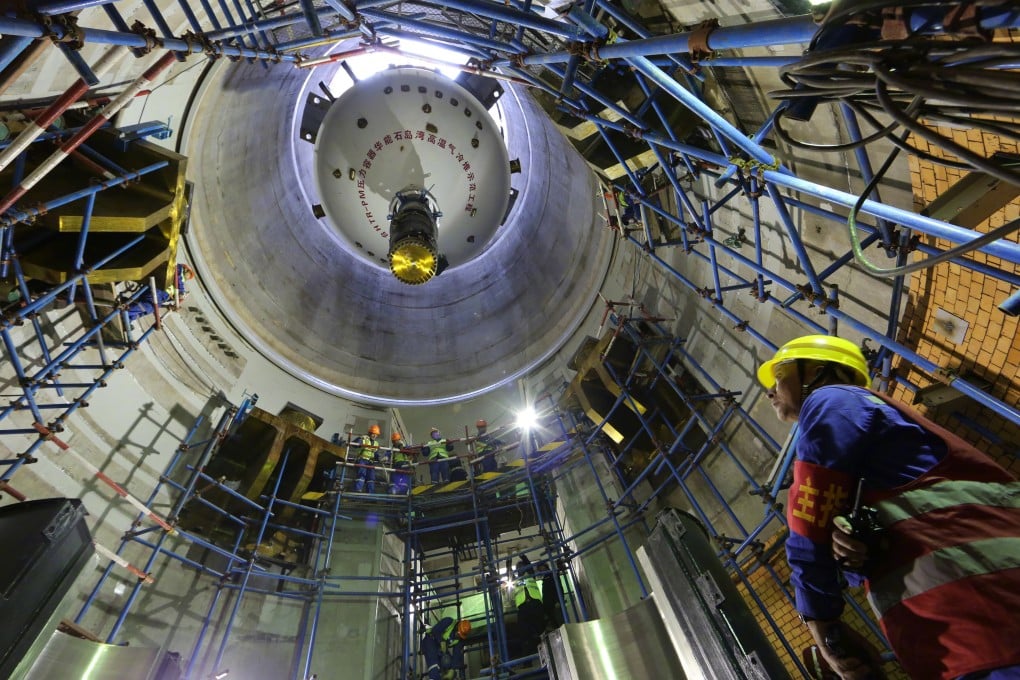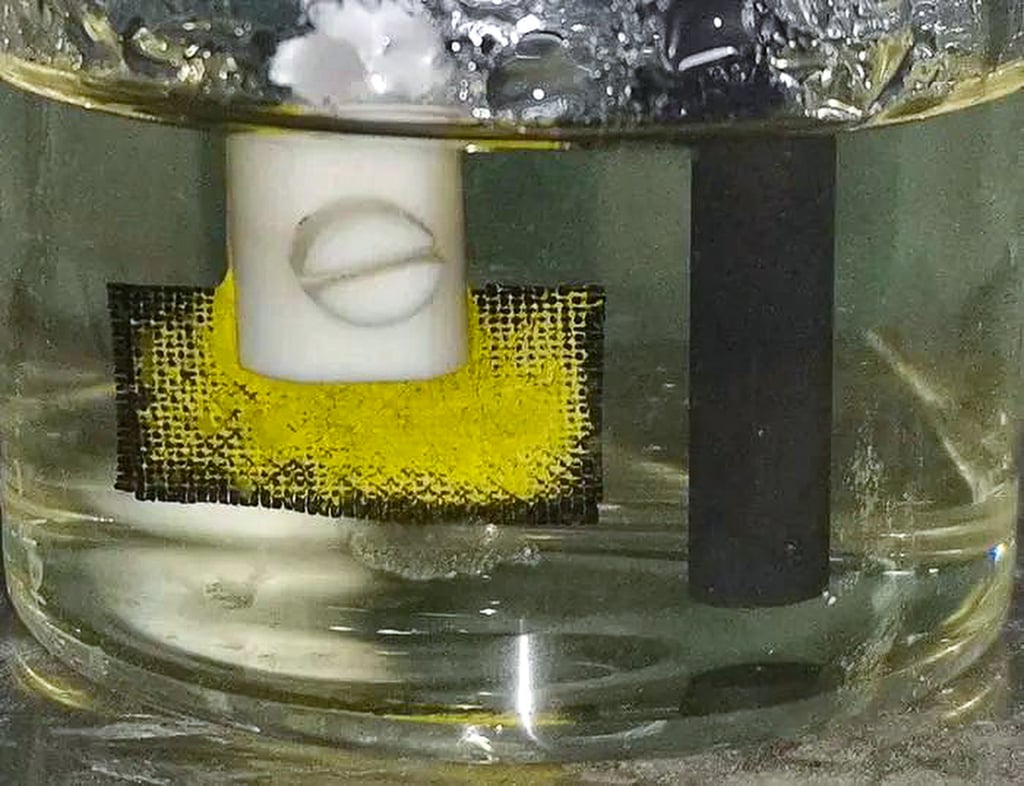How Chinese scientists are extracting uranium from seawater faster than ever
- Team’s electrochemical approach is at least three times faster than existing methods, study finds
- China is building more nuclear plants than any other country, but relies on imports to fuel them

Chinese scientists say they have found a way to efficiently extract uranium – the heavy metal used to fuel nuclear reactors – from seawater using electricity.
The team from Northeast Normal University in Changchun, Jilin province developed an electrode to capture the uranium through electrochemical reactions.
They say this is at least three times faster than existing methods, and is effective at shielding against impurities in the seawater – meaning it could be suitable for large-scale applications.

The researchers, led by Associate Professor Zhao Rui and Professor Zhu Guangshan, published the results of their groundbreaking study in the peer-reviewed journal ACS Central Science on December 13.
China is building more nuclear power plants than any other country, but the country’s uranium ore is low grade so it relies on imports to fuel its reactors.
The ability to extract uranium from seawater could be a game changer for China’s – and the world’s – energy structure, and progress on the technology is closely watched by policymakers and the nuclear industry.
Uranium has been an essential element for nuclear power since 1942, when physicist Enrico Fermi built the first nuclear reactor in Chicago.
It has traditionally been extracted from terrestrial rock formations, but the finite nature of these deposits has led scientists to seek alternative sources of uranium.